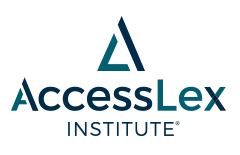
Bar Examinations and Bar Passage
We Should Not Rely on Commercial Bar Reviews to Do Our Job: Why Labor-Intensive Comprehensive Bar Examination Preparation Can and Should Be a Part of the Law School Mission
Document Type
Law Review Article
Publication Date
1-2015
Keywords
bar passage correlates, law school curriculum, for-credit bar review courses, academic success programs
Abstract
Increasingly, law school bar passage rates are an important concern for faculty and administration, as well as students. The July 2014 bar exam saw a precipitous drop nationally in bar passage rates, including declines ranging from four to over twenty percentage points. At the same time, there have been declines in applications to law schools, declines in admissions statistics (LSAT and undergraduate GPA), and an empirically demonstrable decline in student preparedness for law school. The confluence of these events portends even greater declines in bar passage if law schools do not rethink how they prepare students for the bar exam. This Article examines developments in academic support and bar preparation programs with an eye toward suggesting models for effective in-house bar preparation programs. Specifically, this Article examines: (1) the evolution of academic support programs in law schools to include bar passage programs, with a brief description of the types of programs that traditionally have been available; (2) the particular difficulty posed by the California Bar Exam; (3) the existing types of supplemental programs, and concerns posed by programs that are limited to “bar tips” or even limited practice exams or substantive lectures, given the increased numbers of “at risk” students due to the increase in underpreparedness; (4) the supplemental program at Chapman University’s Fowler School of Law, including the intensity of effort required of both faculty and students in a comprehensive program applicable to all students; and finally, (5) the bar passage results at Chapman University’s Fowler School of Law since adoption of a comprehensive supplemental bar passage program, that have been significantly better than would be expected by some commentators, given its ranking and relative youth as a law school. This Article suggests that the traditional focus of academic support programs, including bar preparation programs, that focus largely on perceived “at risk” students, is insufficient in light of the increased numbers of underprepared students. In order to avoid further calamitous declines in bar passage rates, law schools will have to move from traditional academic support models to models that encourage the entire cohort of students to work together, cooperatively, and that apply extensive time and effort to ensure that all students receive the benefit of these programs.




